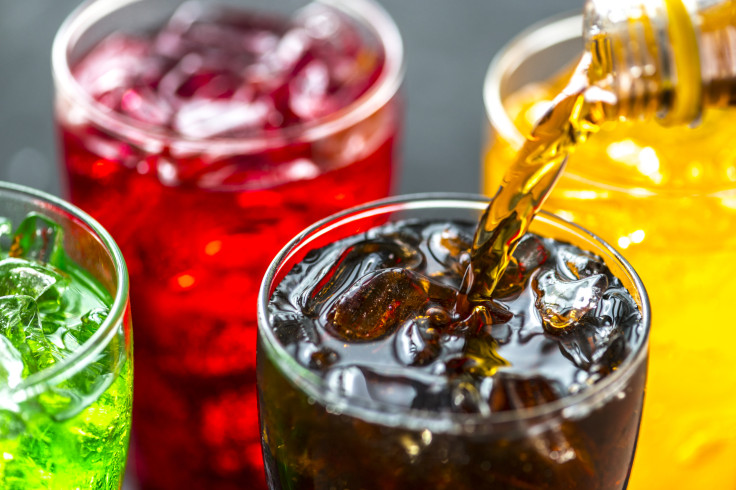
Consumption of artificially sweetened drinks raises the risk of atrial fibrillation, a heart condition that causes irregular heartbeat, a study has revealed.
Atrial fibrillation (AFib) can lead to blood clots in the heart and increases the risk of stroke, heart failure, and other heart-related complications. It is estimated that 12.1 million people in the United States will have AFib in 2030, according to Centers for Disease Control and Prevention.
Earlier studies have found a link between the risk of cardiometabolic diseases and sweetened beverages. In the latest study, researchers investigated the associations between the consumption of sugar-sweetened beverages, artificially sweetened beverages, and pure fruit juice and the risk of atrial fibrillation.
According to the findings published in the American Heart Association's journal, Circulation: Arrhythmia and Electrophysiology, drinking two or more liters of artificially sweetened beverages weekly, elevates the risk of the heart condition by 20%.
The researchers, however, could not confirm whether the sweetened drinks caused atrial fibrillation, yet the association remained even after they accounted for genetic susceptibility to the condition.
The study was based on dietary questionnaires and genetic data from more than 200,000 adults in the UK Biobank. The participants were free of AFib at the time they enrolled for the study. During the nearly 10-year follow-up period, 9,362 participants developed the condition.
"Our study shows the consumption of more than two liters (about 67 ounces) per week of sugar-sweetened beverages is associated with a 10 percent risk of incident atrial fibrillation compared to non-consumers, independently of traditional risk factors. The figure rises to 20 percent for people consuming more than two liters per week of artificially sweetened beverages, surpassing the risk associated with the equal amount of sugar-sweetened beverage consumption," lead study author Ningjian Wang said.
The researchers also made other interesting findings:
- Drinking 1 liter or less of pure fruit juice per week is associated with an 8% lower risk of atrial fibrillation.
- People who drink both sugar-sweetened beverages and pure juice have a higher total sugar intake.
- Individuals who consume higher quantities of artificially sweetened beverages are typically female, younger, and exhibit higher BMI and a higher prevalence of Type 2 diabetes. On the other hand, those who opt for sugar-sweetened beverages are more likely to be male, younger, with elevated BMI, a history of heart disease, and lower socioeconomic status.
- Smoking exacerbates the risk of atrial fibrillation, as smokers with more than two liters per week of sugary drinks face a 31% higher risk of AFib.
"Our study's findings cannot definitively conclude that one beverage poses more health risk than another due to the complexity of our diets and because some people may drink more than one type of beverage. However, based on these findings, we recommend that people reduce or even avoid artificially sweetened and sugar-sweetened beverages whenever possible. Do not take it for granted that drinking low-sugar and low-calorie artificially sweetened beverages is healthy, it may pose potential health risks," Wang said.







